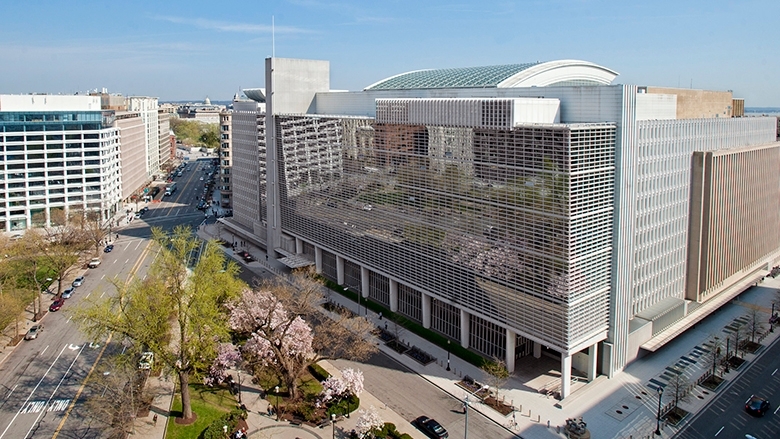WASHINGTON DC, December 19, 2024 – The World Bank’s Board of Executive Directors today approved three operations totaling $1.16 billion to help Bangladesh improve health services, boost water and sanitation services and achieve greener and climate-resilient development.
“Bangladesh is among the most vulnerable countries to climate change and faces immense pollution challenges. Improving climate resilience in every sector and tackling pollution has become a critical development priority,” said Abdoulaye Seck, World Bank Country Director for Bangladesh and Bhutan. “This new financing will help bring essential services such as health and water and sanitation to the people of Bangladesh while laying the foundation for clean, climate-resilient and sustainable development.”
The $500 million Second Bangladesh Green and Climate Resilient Development Credit will support reforms to help the country’s transition to green and climate-resilient development. The financing supports policy reforms to improve public planning and financing and implementation for green and climate-resilient interventions at local and national levels and promote clean and resource-efficient production and services in key sectors. As a prerequisite to the credit, the Planning Commission has adopted the Multi-Year Public Investment Program Guidelines for key sectors, integrated with the Medium-Term Budget Framework.
The financing also supports policies to reduce air pollution, improve environmental enforcement, expand access to carbon markets, enhance sustainable water and sanitation services, improve the efficiency of the Bangladesh Delta Plan 2100, and advance a climate-resilient and sustainable environment. To effectively implement the Delta Plan, the Planning Division has adopted the Delta Appraisal Framework. The financing also supports sustainable public procurement incorporating environmental and social considerations. It will further help improve the energy efficiency of buildings and appliances and incentivize the construction sector to become greener.
The $379 million Health, Nutrition, and Population Sector Development Program-For-Results will help improve access to quality health and nutrition services and build resilient health systems in Sylhet and Chattogram divisions. It will provide quality health, nutrition, and population services to about 5.1 million people.
The program will help reduce maternal and neonatal mortality by increasing the number of births, both normal delivery and Caesarian section deliveries, in public health facilities. It will ensure that vulnerable women in the most climate-vulnerable districts are reached. The program will also strengthen the health care system to effectively respond to evolving health needs such as screening and treating hypertension and other conditions. Alongside the World Bank financing, the Global Financing Facility for Women, Children and Adolescents (GFF) is providing a catalytic $25 million grant to support the government in prioritizing interventions such as child nutrition, adolescent health, quality maternal and newborn care, data use, and coordination.
The $280 million Chattogram Water Supply Improvement Project will provide safe water through new and rehabilitated piped water connections to over one million people in Chattogram. It will build about 200,000 new household water connections and provide improved sanitation services to about 100,000 people in low-income communities. This project is part of a World Bank South Asia regional initiative or program of programs to provide Water, Sanitation and Hygiene (WASH) services to about 100 million people across the region by 2035.
The project will also help the Chattogram Water Supply and Sewerage Authority (CWASA) improve operational efficiency and financial sustainability and address issues related to water loss such as high levels of leakage, metering inaccuracies, and illegal connections. It will help reduce water losses by installing new water meters and operationalizing 46 Smart District Metered Areas (DMAs) for reliable water supply, leakage detection, and real-time tracking of water consumption. It will help strengthen the utility systems, financial performance and creditworthiness covering tariff roadmap, and building CWASA’s capacity for long-term infrastructure and business planning systems, data management, asset management, communication strategy and disaster preparedness.
The World Bank was among the first development partners to support Bangladesh following its independence. Since then, the World Bank has committed more than $45 billion in International Development Association (IDA) financing in the form of grants, interest-free loans, and concessional credits to help the country address its development priorities. In recent years, Bangladesh has been among the largest recipients of the World Bank’s interest-free credits.

